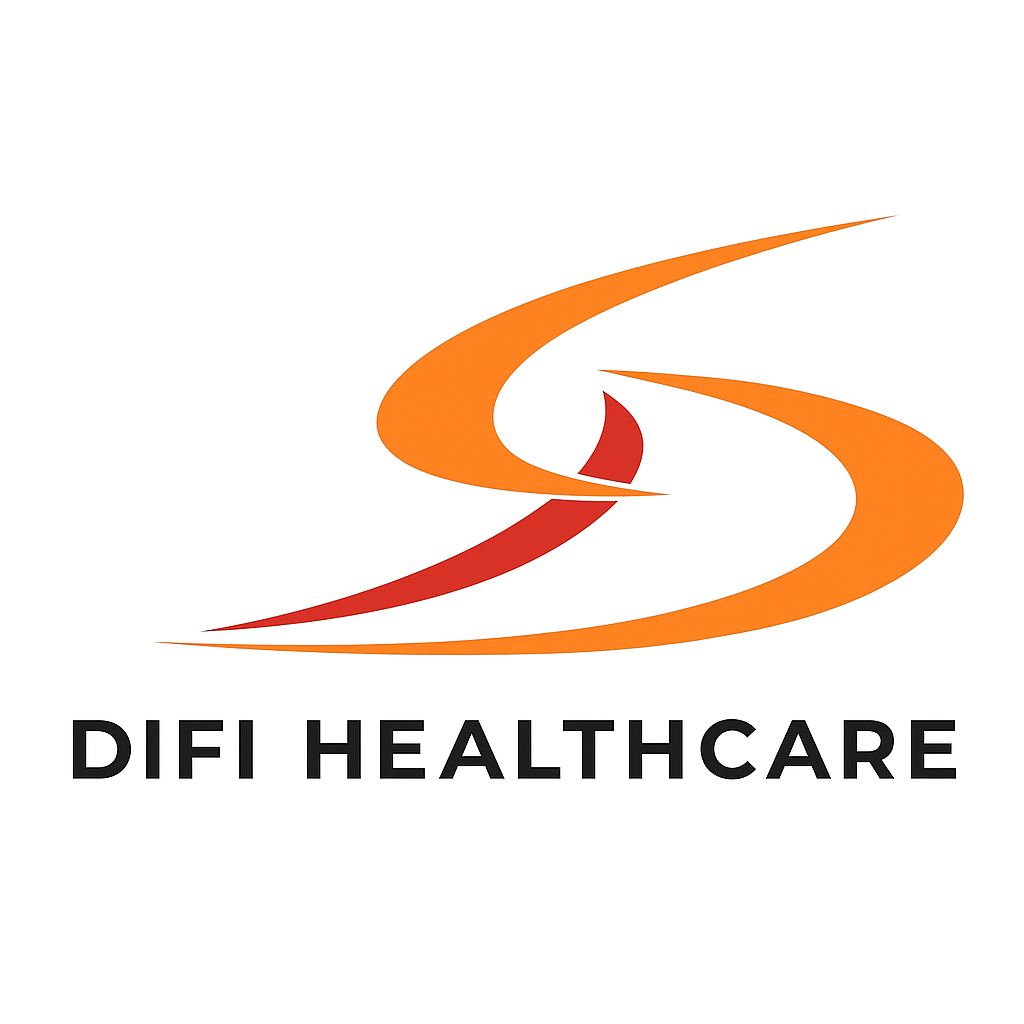GER Scan – Accurate Evaluation of Gastroesophageal Reflux (GERD)
A GER Scan (Gastroesophageal Reflux Scan) is a specialized nuclear medicine imaging test used to evaluate reflux of stomach contents into the esophagus. Many patients searching for GER Scan Test in Meerut rely on this advanced test to diagnose reflux-related issues with accuracy. It provides precise and dynamic visualization of how food and liquids move from the stomach to the esophagus, helping doctors diagnose Gastroesophageal Reflux Disease (GERD) and related conditions. At DIFI Healthcare, we proudly offer one of the most reliable GER Scan Test in Meerut services, supported by advanced nuclear imaging systems and expert radiologists. Our team ensures every GER Scan Test in Meerut is performed with accuracy, safety, and patient comfort, helping guide effective treatment planning.
A few things we’re great at
Preparation Guidelines for a GER Scan-
To ensure accurate results, follow these preparation steps before your scan:
- Fasting: Do not eat or drink anything for at least 4–6 hours before the test.
- Medication: Inform your doctor about antacids or acid-reducing medicines, as you may need to temporarily stop them before the scan.
- Comfortable Clothing: Wear light, loose-fitting clothes on the day of the test.
- Pregnancy & Breastfeeding: Notify the technologist if you are pregnant or breastfeeding.
- Hydration: After the scan, drink water to help flush out the tracer naturally.
How a GER Scan is Performed
- The patient swallows a small amount of liquid or food labeled with a radioactive tracer (Technetium-99m).
- A gamma camera records images over a specific time period as the tracer moves through the stomach and esophagus.
- The system monitors for any reverse flow (reflux) of the tracer into the esophagus.
- The images are analyzed by a nuclear medicine specialist to determine the frequency, duration, and severity of reflux episodes.
- The test is painless, quick, and safe, typically completed within 30–45 minutes.
Why Choose DIFI Healthcare for Your GER Scan?
- Advanced Imaging Equipment: Equipped with state-of-the-art gamma cameras for precise results.
- Expert Nuclear Medicine Specialists: Experienced professionals dedicated to accurate reflux diagnosis.
- Affordable Diagnostic Services: Cost-effective pricing for all nuclear scans.
- Quick and Reliable Reporting: Fast turnaround for timely treatment planning.
- Patient-Centered Care: Comfortable, hygienic, and safe diagnostic environment.
After the Scan
- You can resume normal diet and activities immediately after the test.
- The radioactive tracer used is safe and eliminated naturally through urine within 24 hours.
- Results are interpreted by our specialist nuclear medicine team, and your referring doctor will discuss the findings with you.
Book Your GER Scan at DIFI Healthcare
- Identify and assess gastroesophageal reflux disease (GERD) accurately with a GER Scan at DIFI Healthcare.
- Our modern imaging facilities and expert care ensure safe, fast, and highly reliable diagnosis to support effective reflux management.
- Contact us today or book your GER Scan online at www.difi.in for accurate and trusted results.
